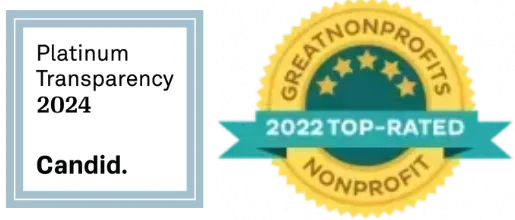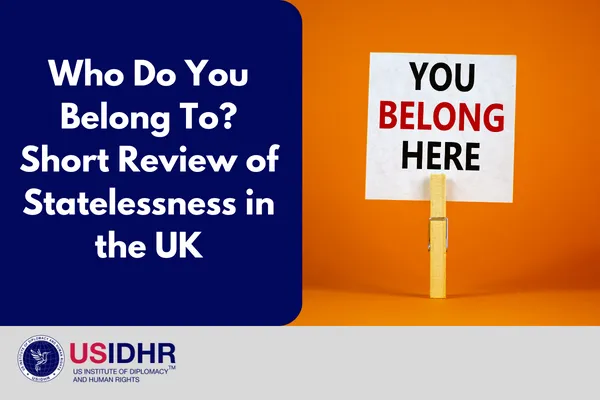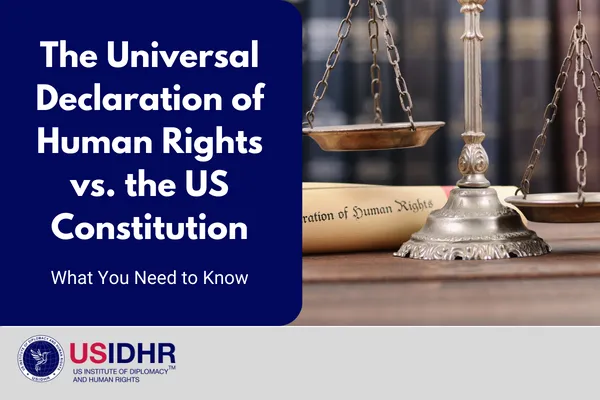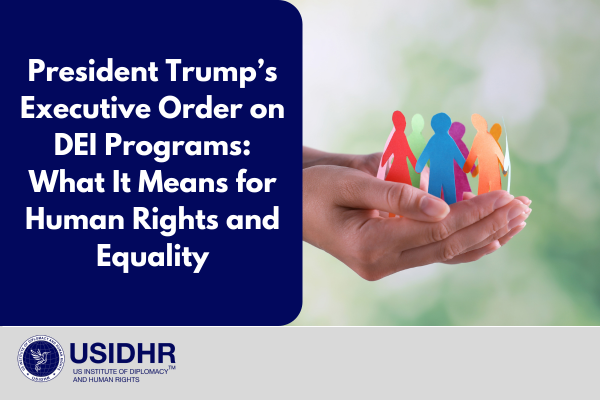
President Trump’s Executive Order on DEI Programs: What It Means for Human Rights and Equality
December 17, 2024
5 min read
Dr. Isabelle Vladoiu, International Human Rights Law Specialist
Introduction
On January 20, 2025, President Donald Trump signed an executive order directing federal agencies to dismantle Diversity, Equity, and Inclusion (DEI) programs, sparking a nationwide debate. This decision raises important questions: Are DEI programs essential for advancing human rights, or can equality thrive without them?
To understand the implications, it’s helpful to revisit the Universal Declaration of Human Rights (UDHR), adopted in 1948, which laid the foundation for equality and non-discrimination worldwide.
The Universal Declaration of Human Rights: A Timeless Standard
Article 1 of the UDHR declares, “All human beings are born free and equal in dignity and rights.” Article 2 further emphasizes, “Everyone is entitled to all the rights and freedoms set forth in this Declaration, without distinction of any kind.” These principles affirm the inherent equality of all individuals and call for non-discrimination in every aspect of life.
From this perspective, some argue that the foundation for equality was established long ago, and there is no need to create or innovate new rights. If we agree that everyone is born free and equal, as the UDHR outlines, why introduce policies that categorize people based on race, gender, or other identity markers? Critics of DEI programs suggest that such initiatives risk undermining the universal principle of equality by overemphasizing differences and introducing identity-based preferences.
The Case for DEI Programs
Supporters of DEI initiatives, however, view these programs as a necessary response to systemic inequities that persist despite the universal principles set forth in the UDHR. They argue that while the Declaration’s ideals are timeless, practical measures are needed to address barriers that prevent marginalized groups from fully realizing their rights. DEI programs are seen as tools to ensure fairness and create environments where everyone has an equal opportunity to succeed.
Proponents also believe that DEI initiatives help organizations and institutions reflect the diversity of the communities they serve, fostering inclusion, collaboration, and innovation. These efforts, they argue, align with the spirit of the UDHR by promoting dignity and respect for all individuals.
Global Perspectives on DEI and Human Rights
It’s worth noting that many countries that uphold human rights and equality do not have federally mandated DEI programs. For example, nations like France and Germany rely on constitutional protections and labor laws to safeguard equality without implementing structured DEI frameworks. This suggests that it is possible to respect human rights and foster inclusion without creating additional policies or programs.
President Trump’s executive order reflects this perspective, emphasizing that equality should be pursued through universal standards rather than identity-focused initiatives. Critics of DEI programs argue that they can inadvertently lead to division, reverse discrimination, or unnecessary bureaucracy, while universal principles, like those in the UDHR, provide a sufficient framework for promoting fairness and non-discrimination.
USIDHR’s Position on the Issue
As an apolitical organization dedicated to advancing human rights and fostering dialogue, the US Institute of Diplomacy and Human Rights (USIDHR) emphasizes the importance of understanding and respecting diverse perspectives. We recognize that DEI initiatives have been meaningful for many individuals and organizations, but we also acknowledge the validity of exploring different methods to achieve equality.
Our mission is to educate, engage, and inspire action on human rights issues without political bias. Whether through structured programs or alternative approaches, we remain committed to the principle that “all human beings are born free and equal in dignity and rights” and to fostering a world where this ideal becomes reality.
To learn more about our work and programs, visit usidhr.org. Together, we can build a more inclusive and just world.
Reference list:
1. United Nations. (1948). Universal Declaration of Human Rights. Retrieved from https://www.un.org/en/about-us/universal-declaration-of-human-rights
2. AP News. (2025). Trump Signs Executive Order Ending Federal DEI Programs. Retrieved from https://apnews.com
3. The New York Times. (2025). What Ending DEI Means for Federal Agencies. Retrieved from https://nytimes.com
4. Human Rights Watch. (2023). Global Approaches to Equality and Non-Discrimination. Retrieved from https://hrw.org
5. OECD. (2023). Labor Rights and Equality in European Nations. Retrieved from https://oecd.org
Join One of Our Certificate Trainings:
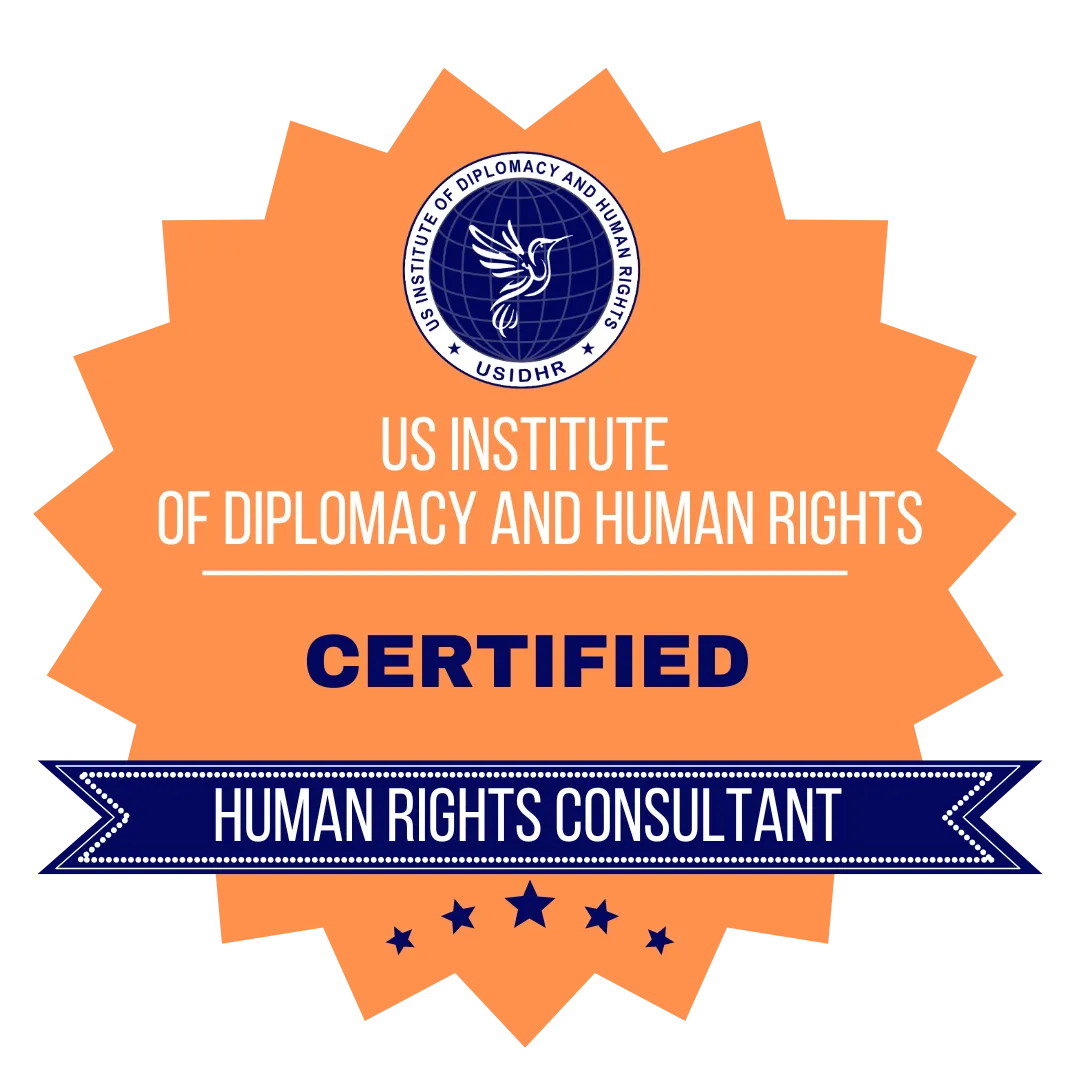
Human Rights Education Certification Training
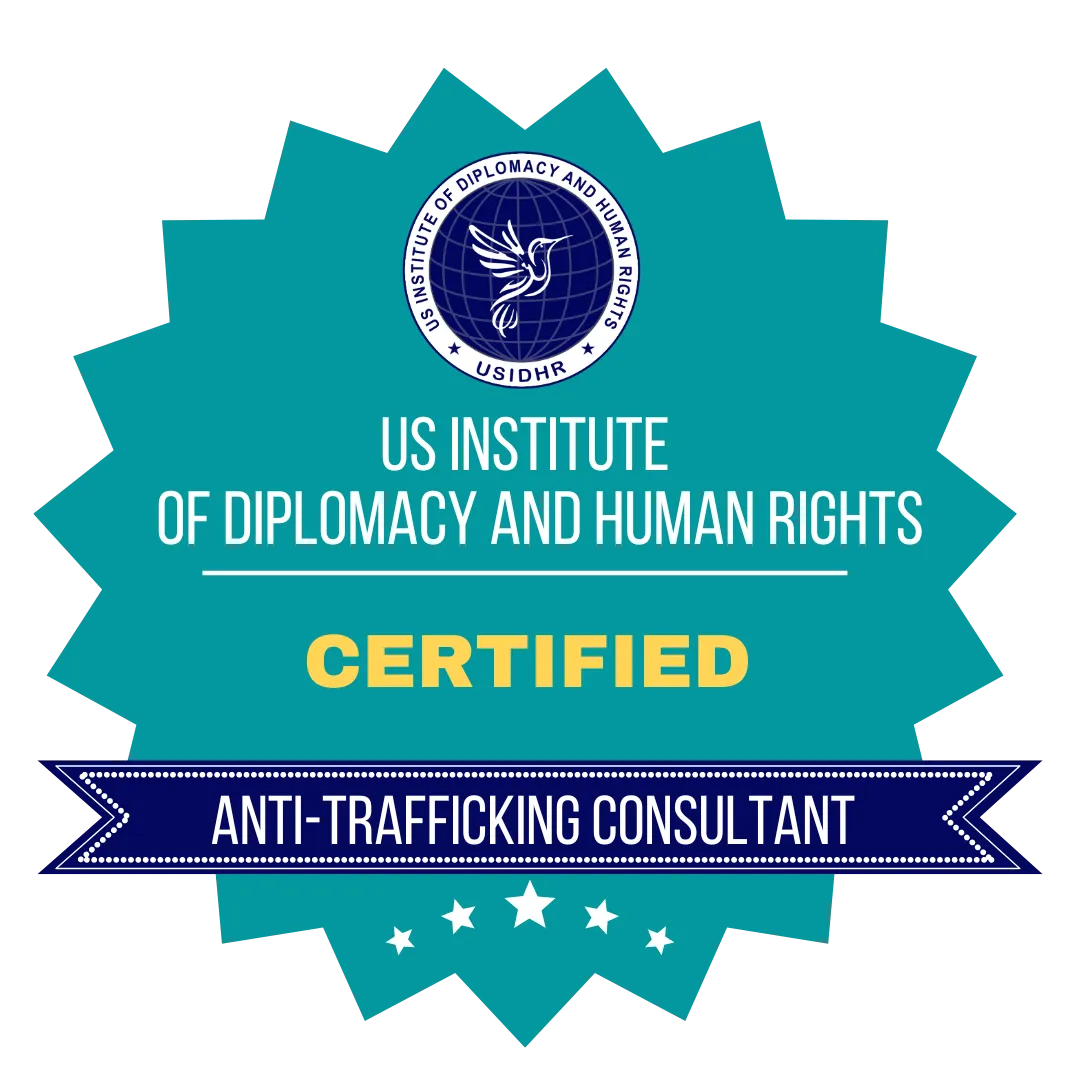
Human Trafficking Certification
Training
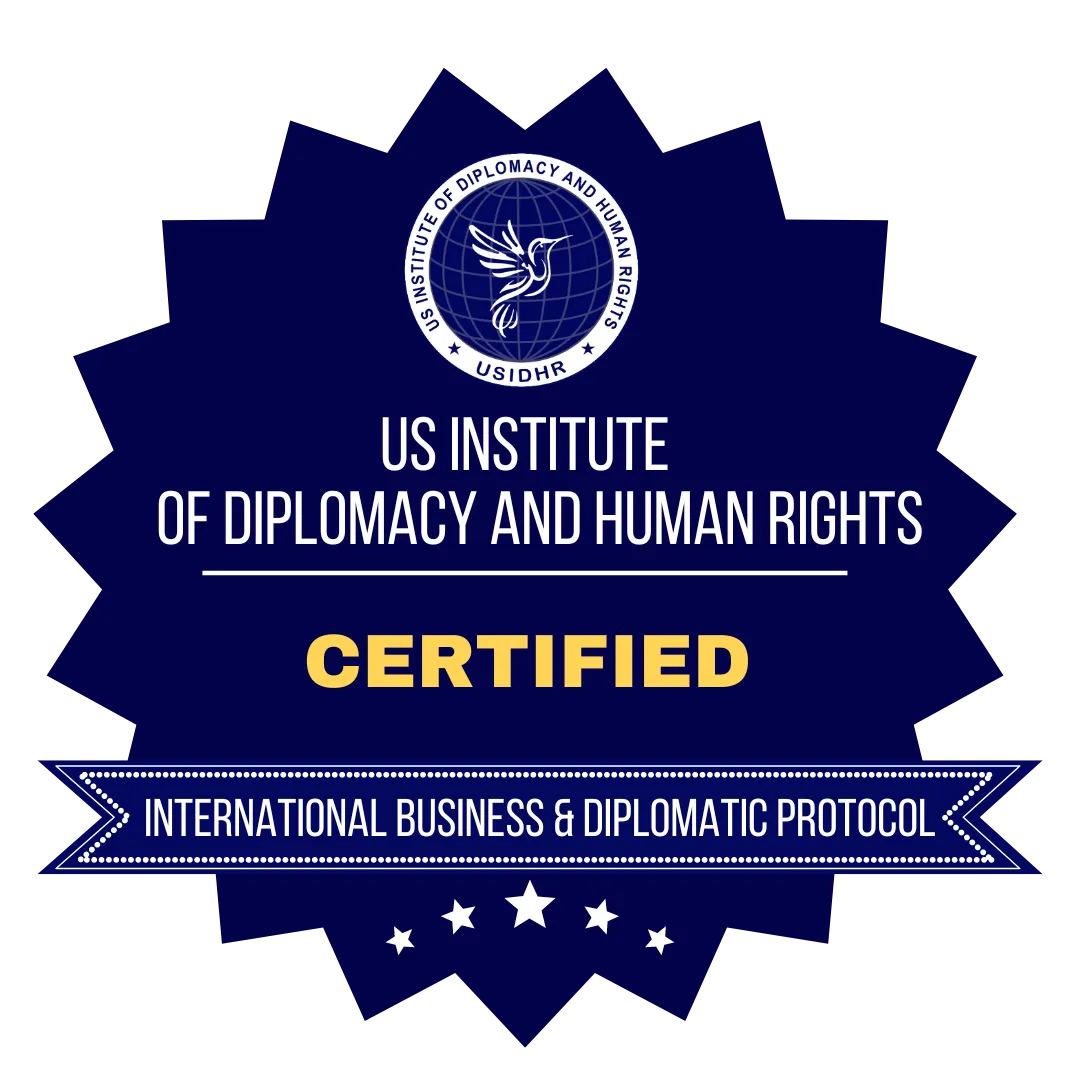
International Business and Diplomatic Protocol Certification
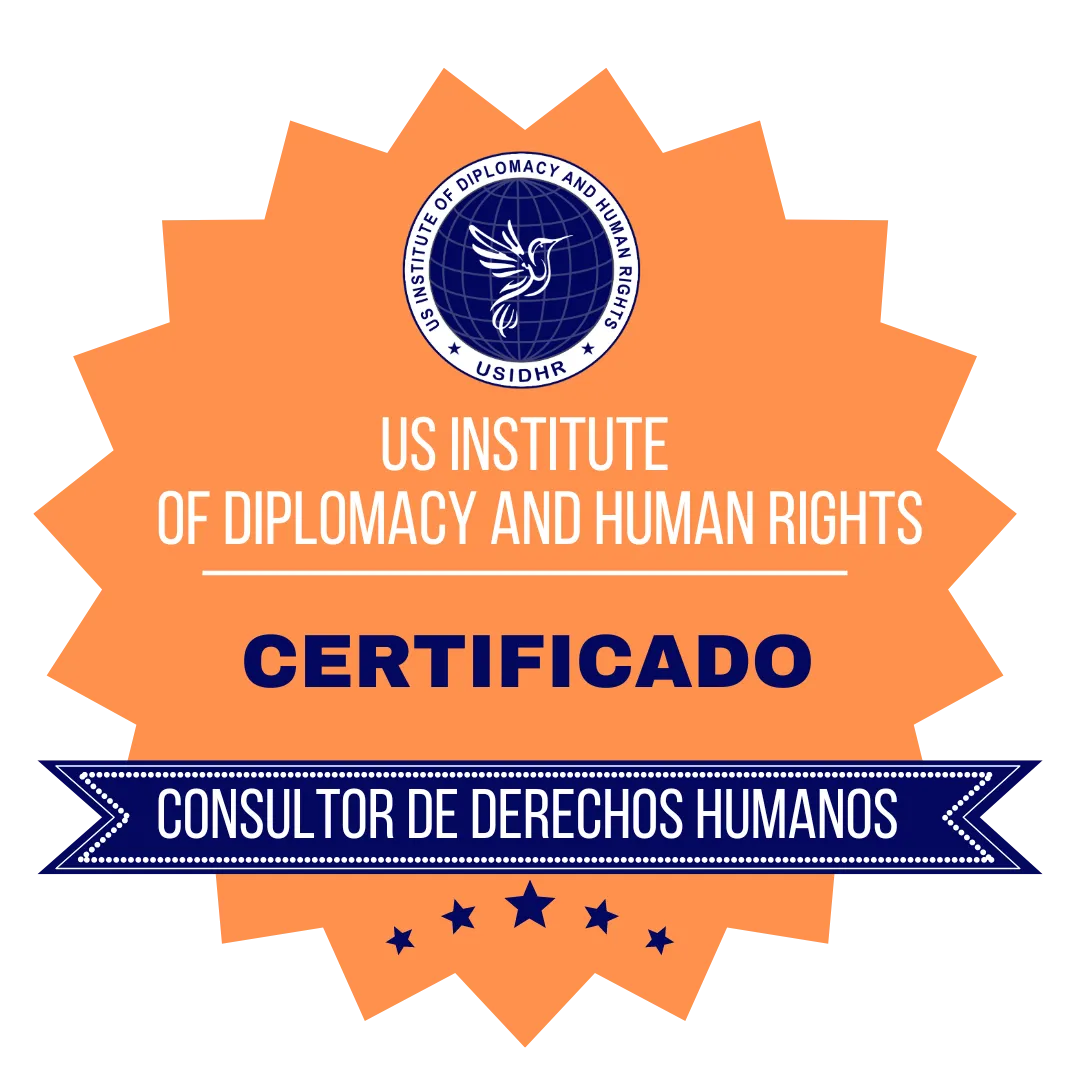
Capacitación En Derechos Humanos
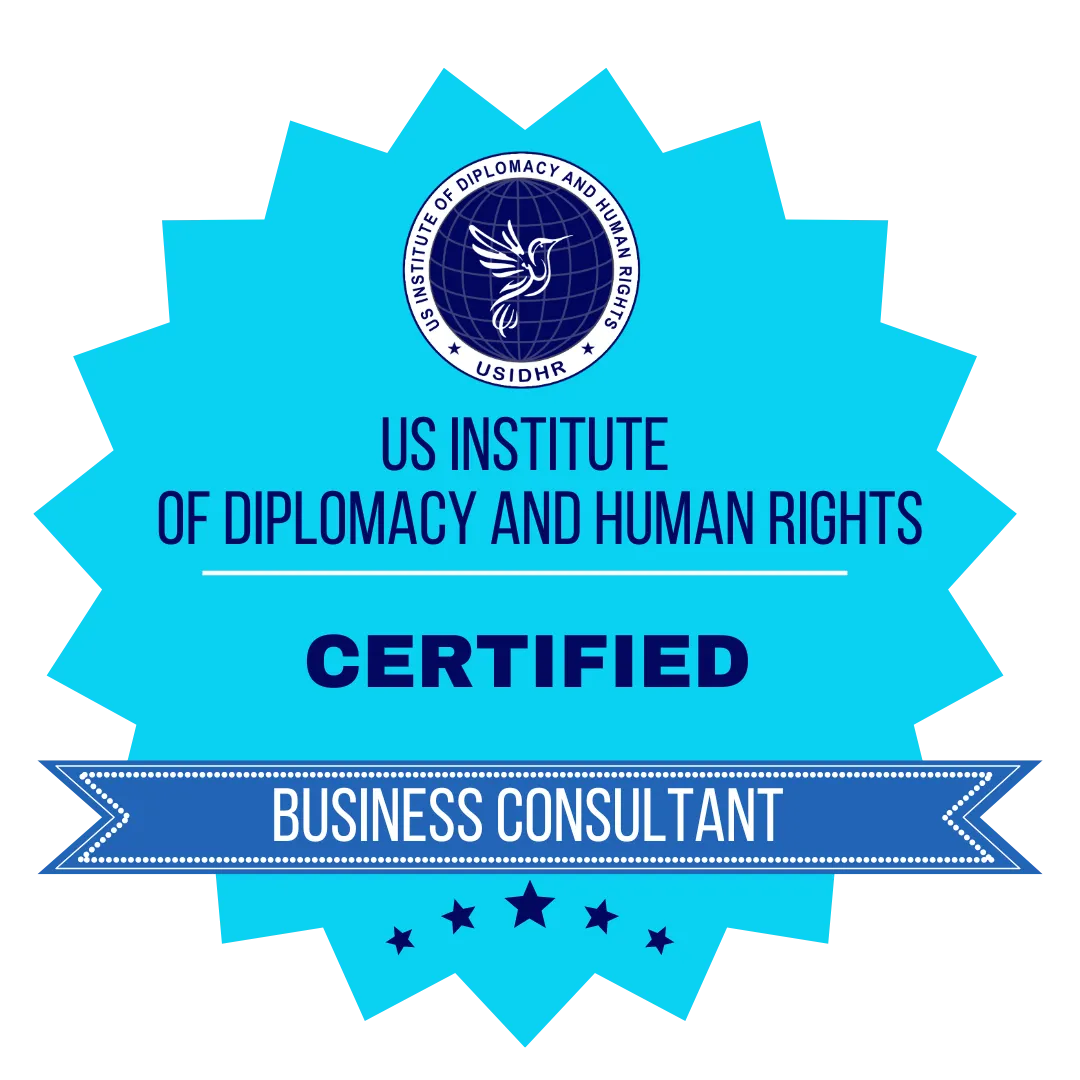
Business Consulting Certification Training
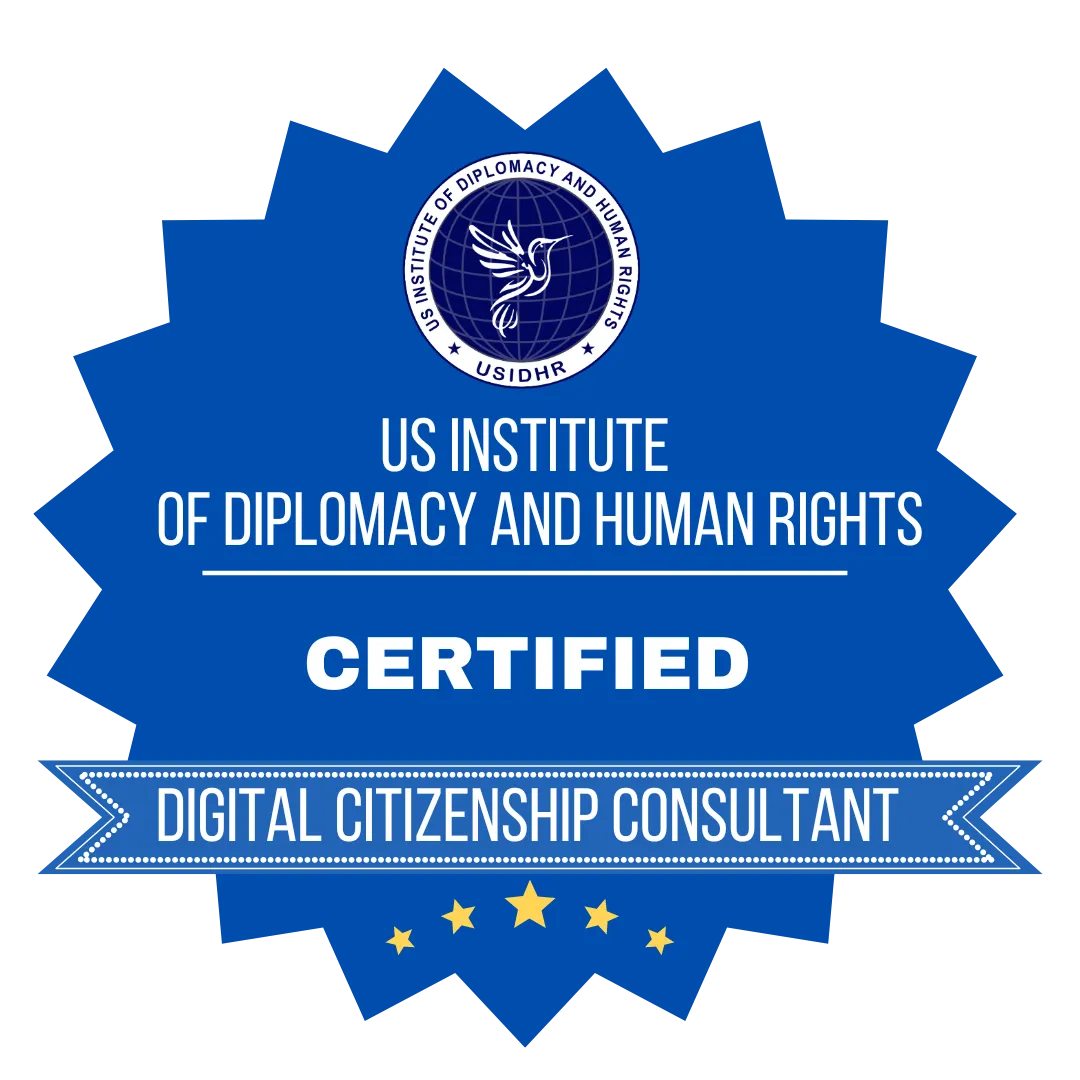
Digital Citizenship Certification
Training
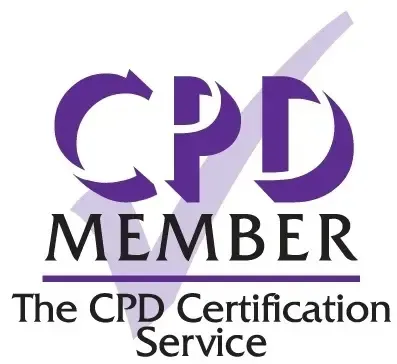
The US Institute of Diplomacy and Human Rights (USIDHR) is an International Continuing Professional Development (CPD) Accredited Organization. Accredited CPD training means the learning activity has reached the required Continuing Professional Development standards and benchmarks. The learning value has been scrutinized to ensure integrity and quality. The CPD Certification Service provides recognized independent CPD accreditation compatible with global CPD requirements
US Institute Of Diplomacy And Human Rights
1250 Connecticut Ave NW Ste 700, Washington, DC 20036

